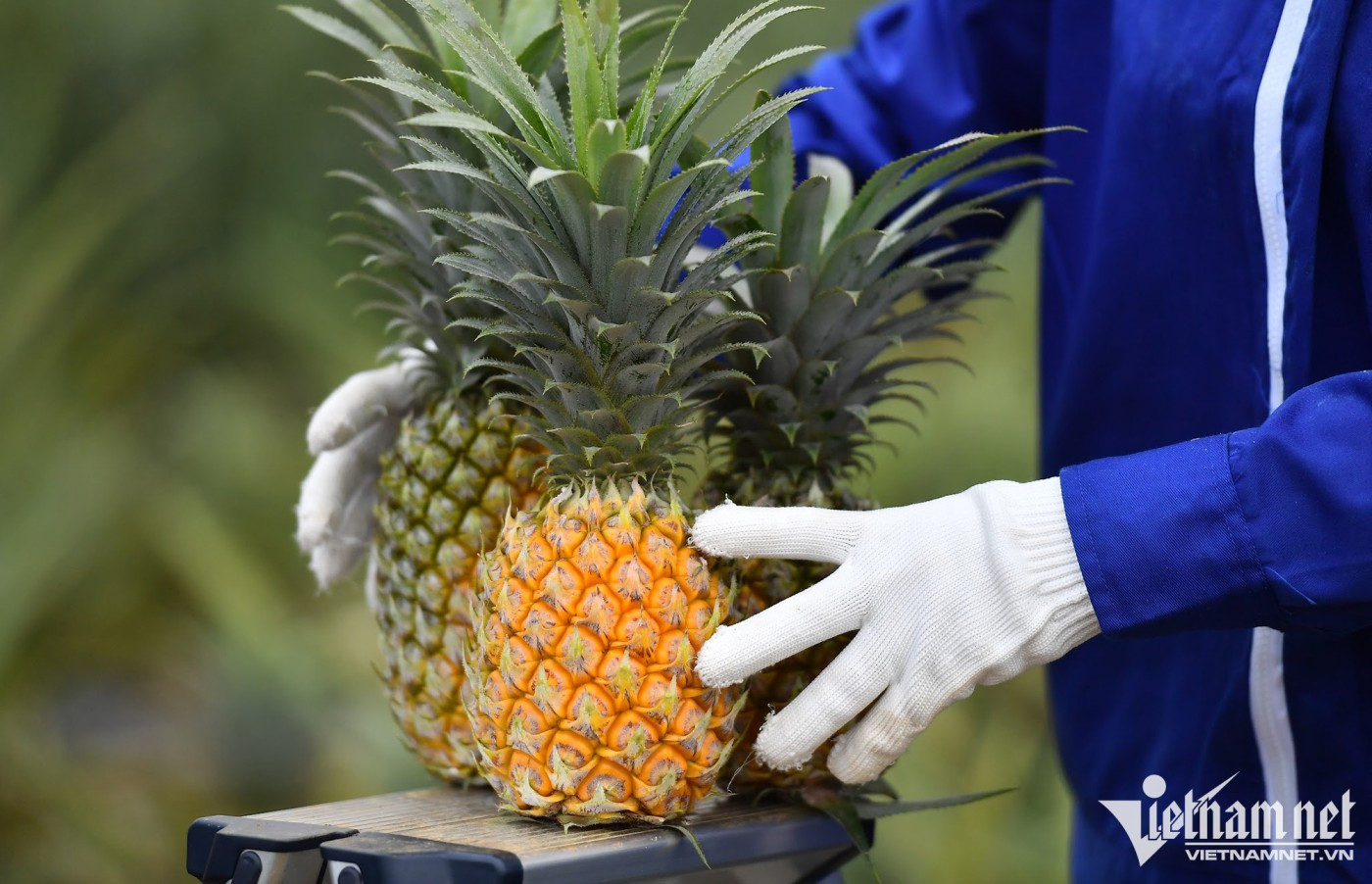
A conference reviewing the production results of northern provinces in 2023 and discussing plans for 2024 was organized in late November.
Deputy Minister of Agriculture and Rural Development Hoang Trung said the 2022-2023 winter-spring crop was implemented in unfavorable weather conditions, which affected crop and livestock productivity.
However, crop production in northern provinces has gained encouraging results, according to Trung. The results have significant importance in the context of good signals about prices and markets.
Trung requested localities to soon build crop production plans for the next year to optimize safe agricultural production and economic efficiency.
He also urged teaching localities how to appraise, supervise and grant growing area and packaging unit codes to crops for export.
As of mid-November, Vietnam’s vegetable and fruit exports had made record export turnover of over $5 billion.
Among top 10 key farm export items, vegetables and fruits witnessed the fastest growth with turnover just third to woodwork and seafood exports.
According to the Vietnam Food and Vegetables Association (Vinafruit), durian exports made up the greatest contribution to the growth of the vegetable and fruit sector, accounting for 40 percent of total export turnover of the sector. To date, export turnover from durian has exceeded $2 billion.
Other fruits, including jackfruit, watermelon, pomelo and longan, also increased sharply over the same period last year.
According to Vinafruit’s secretary general Dang Phuc Nguyen, Vietnam’s fruit exports made a breakthrough this year because of higher demand from China and other countries.
By the end of October, exports to China accounted for 66.1 percent of total export value of the vegetable and fruit sector with turnover of $3.2 billion, up 164.7 percent over the same period 2022.
The vegetable and fruit export turnover is expected to continue to rise in the upcoming months and may reach $5.5 billion by the end of the year.
Luong Thi Kiem, deputy director of the Hai Duong Department of Agriculture and Rural Development, proposed that specialized agencies regularly update information about export markets and standards required by importers, so that local authorities can regulate the production effectively.
Hai Duong’s farmers want updated information about non-tariff barriers set by South Korea, Japan, the US, Australia, Europe, the Middle East and China for Vietnam’s carrots, litchis, cabbage and chili.
Kiem said Hai Duong wants to export litchis, the specialty of the locality, to South Korea.
Tam An